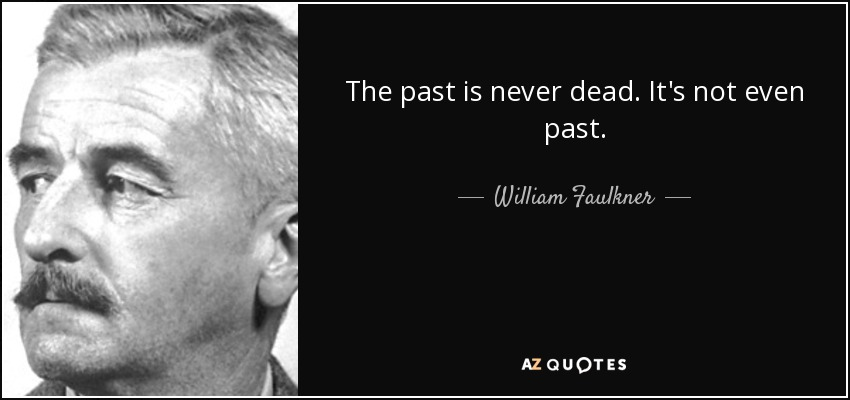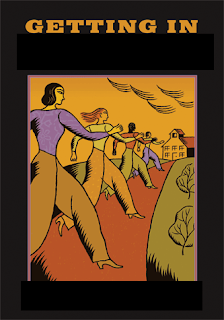Yesterday, we continued our posting of the May 17-19 Regents meetings. What remains for us to cover is May 19th, which we will be getting to soon. In the meantime, here is an item about one of the May 19th topics:
UC system takes another step toward keeping students debt-free
Mikhail Zinsteyn, 5-20-22, CalMatters
===
IN SUMMARY
By officially prioritizing part-time work as a way for students to pay for college, the University of California moved closer to its goal of students avoiding burdensome loans by 2030.
===
The University of California is vowing to offer its California undergraduates a debt-free college experience by 2030 as part of an overhaul of how the system views college affordability. To get there, the system of 230,000 students seeking bachelor’s degrees is relying on a mix of state and federal support, revenues from recent tuition increases, and students working part-time to cover the full cost of an education. Students from wealthier households would also rely on parental support. The system’s governing body, the Board of Regents, took another step toward that debt-free goal Thursday [May 19] by voting to prioritize part-time work over taking out loans as part of the UC’s official financial aid policy. The change is subtle but is yet another instance of the UC signaling that its students should be able to earn a bachelor’s degree without the need to borrow within the next several years. “The preferred outcome of our financial aid strategy is that students can afford their education through opportunities for part-time work made available to them and minimize student loan borrowing,” said Michael Brown, provost of the entire UC system, at Wednesday’s UC Regents meeting.
Though more than half of UC’s in-state undergraduate students don’t pay tuition due to financial aid, the free-college movement has widened its scope to include non-academic expenses that are still vital to a student’s education, such as housing, transportation and food. All those expenses add up. Just over half of resident students graduate from the UC with student loans, accumulating an average of $18,800 in debt. It’s a figure that’s well below the national average but is still a financial millstone around borrowers’ necks. A CalMatters analysis noted low-income students who receive federal aid also take out loans, at amounts ranging from $11,000 to $16,000 typically.
Earlier in the year, the UC said it would award additional aid to 6,000 low-income students this fall so the students could avoid loans. The 2030 debt-free goal depends in large part on compliance from California’s lawmakers and the federal government. The state Legislature and Gov. Gavin Newsom are expected to commit $632 million this year as part of a down payment on a debt-free grant that experts say will eventually cost $2.6 billion. Once fully funded, the grant is supposed to give students enough money to cover the full cost of attendance after parental support, part-time work and grant aid are considered.
Low-income students whose families cannot afford to help out with college will have to contribute about $8,000 annually to their education, which they can raise by working 15 hours a week during the school year. Where they find these jobs is an open question, but lawmakers and the governor last year launched a $500 million fund to create part-time work opportunities for low-income students attending the state’s public colleges and universities. Students from higher-income households will also be able to avoid taking out loans, but that assumes their families will provide money toward their educations based on a federal formula. Higher-income students would also be expected to work. There’s no timeline to fully fund the debt-free grant. However, the Senate wants to commit more money up front and fully fund the program by 2025-26 as part of the budget deal due June 15.
The new debt-free grant, which lawmakers are calling the Middle Class Scholarship 2.0, is key to UC’s debt-free goals. That 2030 debt-free goal “is reliant on the middle class scholarship reform that the Legislature passed last year and the full funding of that,” said Seija Virtanen, associate director of state budget relations for the UC, during an Assembly budget subcommittee on education hearing this week. For its part, the UC will divert 45% of its revenue from its recent tuition hikes toward student financial aid — up from 33%. The policy came to life last year. It’s also in UC’s compact with the governor, a de-facto deal in which Newsom is promising 5% in annual increases in education funding for the UC in exchange for key promises on affordability and student success. Those funding increases still need legislative approval.
In an analysis conducted by UC officials last August and shared with CalMatters this week, the system projects raising an additional $333 million by 2029-30 for its undergraduate grant aid program through the tuition increases. The current level of aid is $785 million, wrote Ryan King, a UC spokesperson, in an email. Already UC grant aid is the second largest source of financial support for undergraduates at the system. The federal government contributed $420 million toward student grants last year. California programs, chief among them the Cal Grant that covers tuition, poured in nearly $1 billion in grant aid for students last year. That state share will grow once the Middle Class Scholarship is officially funded. But there’s another wild card that may steer more grant aid to students.
Last year Gov. Newsom vetoed a bill to add more than 100,000 students, including several thousand UC students, to the Cal Grant program, though he expanded grant eligibility in other ways. A nearly identical bill is moving through the Legislature now, but some lawmakers backing the bill were bewildered that Newsom’s May budget proposal didn’t promise funding for the bill, which is expected to cost more than $300 million annually. One leading lawmaker who helps shape higher education spending policy called that omission a “significant irony.” Assemblymember Kevin McCarty, a Democrat from Sacramento who is chair of the budget subcommittee on education, said at a hearing this week that though the governor’s office made a debt-free compact with the UC, the governor’s budget doesn’t “fund that thing that you need to get debt-free college.”
About 109,000 of the 150,000 students who’d benefit from Cal Grant expansion are community college students. (About 500,000 students across all institutions already get the Cal Grant.) Unlike UC and Cal State students, those attending community colleges aren’t eligible for the planned Middle Class Scholarship expansion, though they’d get it if they transfer to a California public university. That’s why Eloy Ortiz Oakley, who is both a UC regent and chancellor of the California Community Colleges, calls passage of the Cal Grant expansion bill the community college system’s top priority. The bill would give those students at least $1,648 a year while they’re in community college and grant them free tuition if they transfer to a UC or Cal State. “The students who have been last in line for so long, need to get to the front of the line here real soon,” Oakley said in an interview.
But more money for financial aid is only one half of the conversation, he added. The UC also needs to figure out how to lower its costs. That may mean offering more online courses and avoiding refilling certain job vacancies, among other solutions. “Are we hiring in places that continue to grow the bureaucracy of our colleges and universities? Or are we growing in places that directly serve the needs of students?” he asked.
Full story at https://calmatters.org/education/higher-education/2022/05/student-loans-uc/.
Straws in the Wind
Note that in one way or another, actual fulfillment of long-term commitments such as those above depends on the state budget remaining healthy. As we have noted in our tracking - including yesterday - of new weekly claims for unemployment insurance in California - there is no sign yet of an economic softening. But there are straws in the wind, including troubles in the state's high tech sector which directly and indirectly feeds the budget. See, for example:
https://www.msn.com/en-us/money/-companies/heres-snap-ceo-evan-spiegels-internal-memo-to-staff-in-full/ar-AAXDsuj.
On Wednesday of this week, we'll be getting the June 2022 UCLA Anderson Forecast and see what the Forecast folks have to say about the direction of the state economy.
























